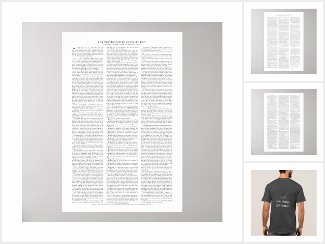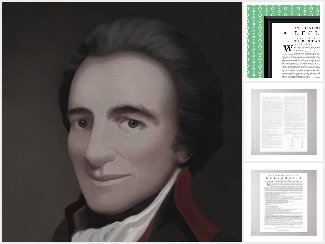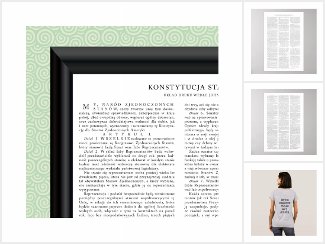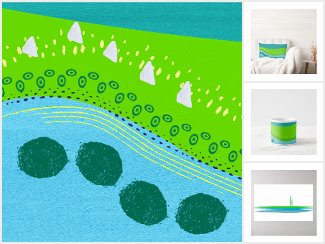We people happen to share history as well as novelty — without a glimpse to the hour. Grammatical time, PRESENT or PAST, does not depend on context marks or the Aspect, Simple or Perfect.
It must be that we are able to decide in mind, without external clues, between the Simple Past or Present Perfect. Let us have a look at a few examples.
The Perfect Aspect may be of choice to highlight regards.
5. Jim loves to hear from his little cousin. He met the kid last summer — Aspect Simple.
5a. Jim loves to hear from the little cousin he met last summer — Aspect Simple.
5b. Jim says (that) he met his little cousin last summer, and he loves to hear from her — Aspect Simple.
5c. Jim hasn’t seen his little cousin in a year; he spoke with her last summer, and he loves to hear from her — Aspect Perfect emphasizes the time; it maybe has felt long.
The Perfect always invokes a span of time, and has an open frame. To close the frame, we need a cognitive ground. We could say,
5d. He says (that) he met his little cousin last summer.
The phrase “last summer” gives a cognitive ground in time. We could say it works like gravitation; we no longer use the open frame. It would be non-standard to say,
5e. *He has met Jim’s little cousin last summer.
In linguistics, an asterisk usually marks an incorrect expression.
It is worth thinking that we do not speak or write merely to comply with tastes, or to follow someone who says this, and does not say that. We speak or write with regard to own knowledge or view to ideas (to write fiction, we would think what we know there is or there is not), and phrases are non-standard or incorrect only when their language shape is confused with regard to the context.
When we are on a cognitive ground, our cognitive frame is closed. We can be ON, IN, TO, and AT activities and matters, because the cognitive ground is in mind, whether we are walking, sailing, traveling in a space ship or submarine, or sitting in a lounge and reading a book.
The Latin word aspectus meant a view. We have practiced three such views so far, the Simple, Progressive and Perfect grammatical Aspects, and now we are focused on deciding between the Simple and the Perfect
Cognitive ground is in mind, wherever we go; whether we are walking, sailing, traveling in a space ship or submarine.


ADVERTISEMENT
Spring Flowing Colors
The open frame may suggest highlights or effects, as well as prospects.
6. He has written ten books.
(He is likely to write more; his writing belongs with the PRESENT.)

6a. He wrote ten books.
(Maybe he is not going to write more; his writing belongs with a cognitive frame closed on a ground for the PAST.)

With a ground, our linguistic gravitation may bring a highlight.
6b. He wrote two books last year.
We do not consider if his writing belongs with the PRESENT or PAST. We have the notional ground about the time (last year), so the focus is on how many the books: those were two books he wrote.
To compare,
6c. He has written two books.
The focus is on the time span: so far, until this day, he has written two books; the years may have been many.
Classic grammar books might advise the Present Perfect in response to contexts as 6c:
6d. I have/haven’t seen the books.
Everyday American yet is likely to bring some cognitive ground:
6e. I never read / saw the books, and I was at the fair…
6f. I was reading one that summer, when…
Appendix 1. Verbs and what they do
Verbs tell activities, faculties, or states, as to think, to work, or to be. They may do this in four Aspects, the Simple, Progressive, Perfect, and Perfect Progressive; intransitive or dynamic, in infinitives or participles — where Modals are exception in much, and yet legitimate verbs of a frame. ■More
Aspect Perfect usually takes the longest to master. If an idea as a cognitive ground really helps make progress, we may spend our extra time getting to know about the world — and thinking about it with an Aspect of choice.
The world we live in is amazing. A paper-thin divide may have tons of water in balance, salt and fresh, in water holes. Halocline is the name for the delicate limit in water holes that have existed in the Pacific for millennia. The Internet has more..
Feel welcome to further language journey.
6.2. THE COGNITIVE VARIABLE AND TIME FRAME
■This text is also available in Polish.
ADVERTISEMENT
Book format in preparation.
In the first part of the language journey, feel welcome to consider a picture for
■ the grammatical Past, Present, and Future;
■ the Simple, Progressive, and Perfect;
■ infinitive, auxiliary, and head verb forms;
■ the Affirmative, Interrogative, Negative, and Negative Interrogative;
■ irregular verbs and vowel patterns: high and low, back and front.
Third edition, 2025.


The world may never have seen her original handwriting, if her skill was taken for supernatural. Feel welcome to Poems by Emily Dickinson prepared for print by Teresa Pelka: thematic stanzas, notes on the Greek and Latin inspiration, the correlative with Webster 1828, and the Aristotelian motif, Things perpetual — these are not in time, but in eternity.
■Free access, Internet Archive
■E-pub | NOOK Book | Kindle
■Hard cover, Barnes & Noble | Lulu

Psycholinguistics
Linguistics
& Translation
Knowledge gains with good translation
■Public Domain
Translation. com
American English & Polish

Internet Archive,
the free text and image repository
■Feel welcome to use my free materials■
The posters are available to shop online as well.







